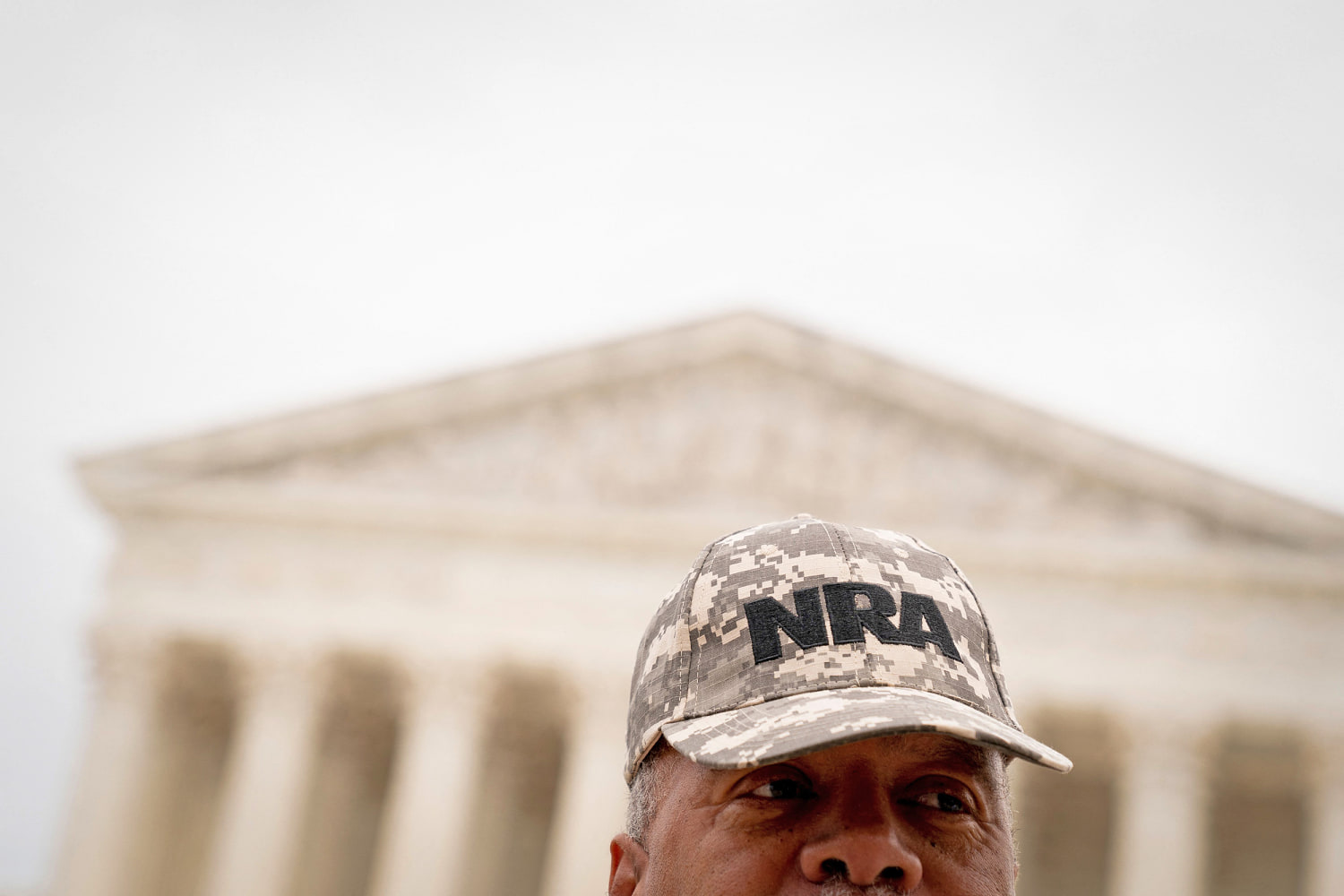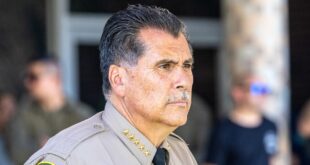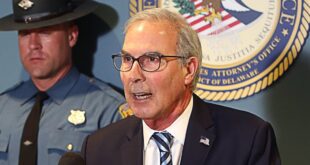

WASHINGTON — The Supreme Court on Friday agreed to hear the National Rifle Association’s claim that a New York state official’s alleged role in urging companies to end ties with the gun rights group constituted unlawful coercion.
The justices took up an NRA appeal in which the group claims that its free speech rights under the Constitution’s First Amendment were violated by the actions of Maria Vullo, the then-superintendent of the New York State Department of Financial Services.
The NRA was appealing a 2022 ruling by the New York-based 2nd U.S. Circuit Court of Appeals, which said Vullo’s actions did not constitute unlawful conduct.
The appeals court ruling “gives state officials free rein to financially blacklist their political opponents,” the NRA’s lawyers said in court papers.
The gun group’s claims, made in a 2018 lawsuit, focus in part on an investigation by Vullo’s office into insurance companies that the NRA, which is based in Virginia but was incorporated in New York, had worked with to provide coverage for members.
Vullo, speaking out after the 2018 school shooting in Parkland, Florida, in which 17 people were killed, also urged insurance companies and banks to reconsider any relationships they had with gun rights-affiliated groups.
She “threatened institutions with costly investigations, increased regulatory scrutiny and penalties should they fail to discontinue their arrangements with the NRA,” the gun group’s lawyers said in court papers.
During meetings with insurance companies Vullo made “back-channel threats that they cease providing services to the NRA,” the lawyers added.
The appeals court found that Vullo’s actions in warning companies of the “reputational risks” of doing business with the NRA did not violate the First Amendment, and even if they did, she would be protected from liability by the shield given to government officials known as qualified immunity.
Vullo’s lawyers said in court papers that it was well established that a government official in her position could encourage entities to consider reputational risks.
The lawsuit, they said, failed to plausibly alleged that Vullo’s conduct “crossed the line between permissible persuasion and unconstitutional coercion.”
The NRA had also sued former New York Gov. Andrew Cuomo, but the current appeal only concerns Vullo. A federal judge initially ruled partly in favor of the NRA, allowing the lawsuit to proceed, before Vullo appealed.
The lawsuit came amidst a flurry of litigation in New York, where the state’s Democratic-led leadership has been hostile to gun rights in general as well as the NRA specifically.
In a separate case, New York Attorney General Letitia James sued the NRA and current and former senior officials in August 2020, alleging fraud and mismanagement, and sought to dissolve the organization, which was originally incorporated in the state.
The gun group counter-sued, claiming the state’s actions constituted political retaliation, but a judge in 2022 threw out that lawsuit
The NRA declared bankruptcy in 2021 and sought to incorporate in Texas instead of New York, but that move was also challenged and a judge put it on hold.
 eMedia Bulletin Online News Portal
eMedia Bulletin Online News Portal






